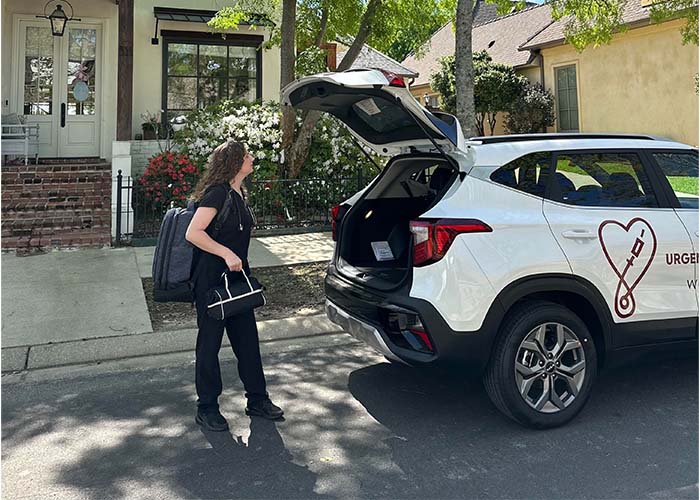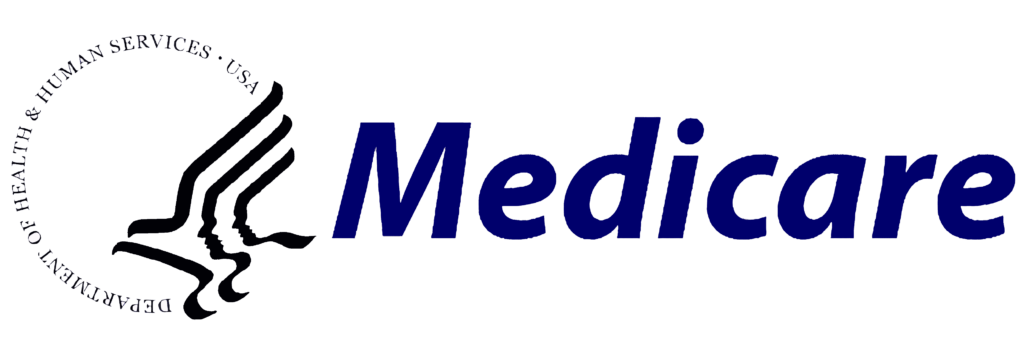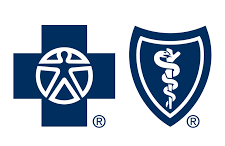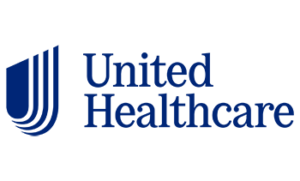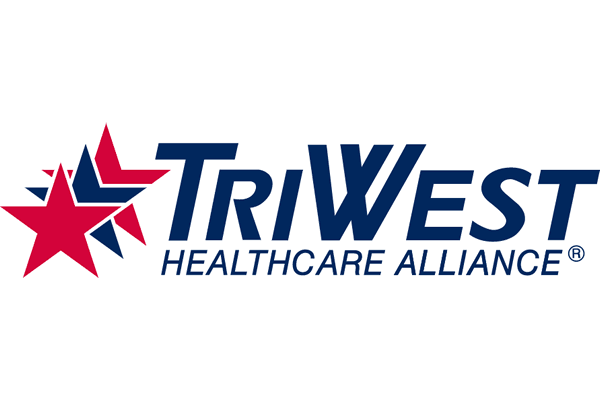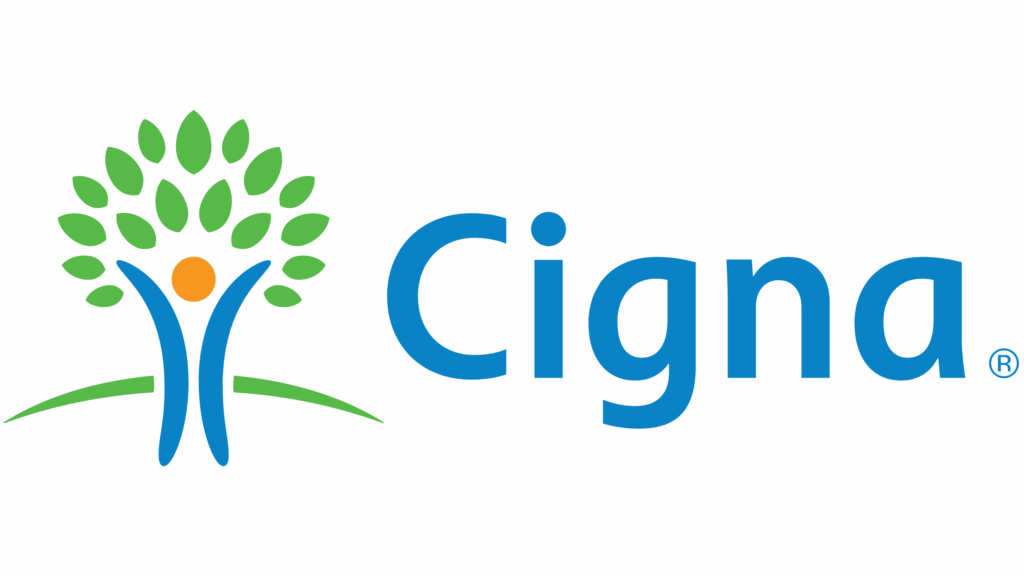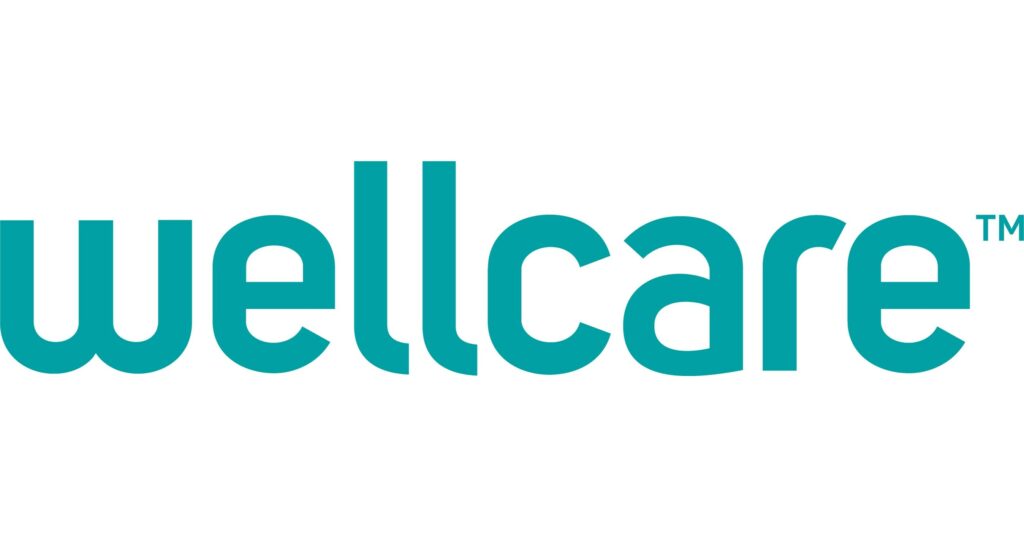High Blood Pressure
- Skip The Waiting Room
- No Exposure To Other Sick Patients
- No Patient Travel Is Required
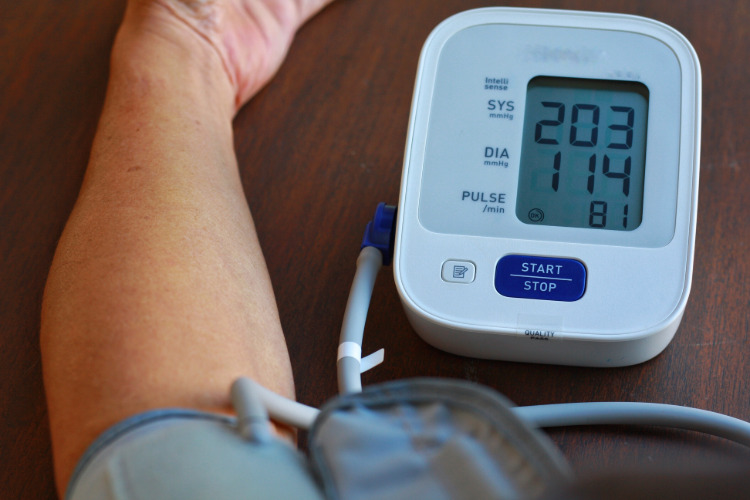
Keep Your High Blood Pressure Under Control
Your circulatory system, responsible for carrying blood throughout your body, consists of blood vessels that experience pressure as they work. This blood pressure naturally fluctuates based on factors like hydration, diet, stress, and medication.
Healthy blood pressure readings fall below 120/80 mm Hg. Readings above this level, depending on severity, are classified as elevated, high blood pressure, or hypertension. Over time, uncontrolled high blood pressure can harm vital organs, increasing the risk of stroke, heart failure, kidney problems, vision loss, and erectile dysfunction.
High blood pressure often doesn’t have a single cause, but rather develops due to a combination of factors like family history, age, obesity, race, lack of exercise, smoking, alcohol consumption, and a high-salt diet. Regular blood pressure monitoring is crucial, especially if you have risk factors, as the condition often remains symptomless until organ damage occurs.
If you’ve been diagnosed with or are at risk of high blood pressure, follow these guidelines:
- Medication: Take prescribed blood pressure medications as directed.
- Salt intake: Limit salt to less than 2,000 mg/day by avoiding adding salt to food and choosing low-sodium packaged foods.
- Smoking and alcohol: Avoid smoking and limit alcohol to no more than 2 drinks per day for men and 1 drink per day for women.
- Over-the-counter medications: Be cautious with medications like ibuprofen and decongestants that can raise blood pressure. Read labels carefully and consult your healthcare provider if unsure.
- Physical activity: Engage in activities like walking, aiming for 30 minutes daily and gradually increasing intensity.
- Weight management: If overweight, losing even 10 pounds can improve your health.
- Monitoring: If possible, monitor your blood pressure at home twice daily for a week or two and share results with your doctor.
- Follow-up: Consult your doctor within a week to re-check your blood pressure and review measurements.
Seek immediate medical attention if you have high blood pressure and experience:
- Chest pain, pressure, or discomfort
- Shortness of breath, especially during activity or while lying down
- Severe headache
- Sudden numbness or weakness on one side of the face or body
- Dizziness or weakness
- Fainting or feeling faint
- Mental confusion

